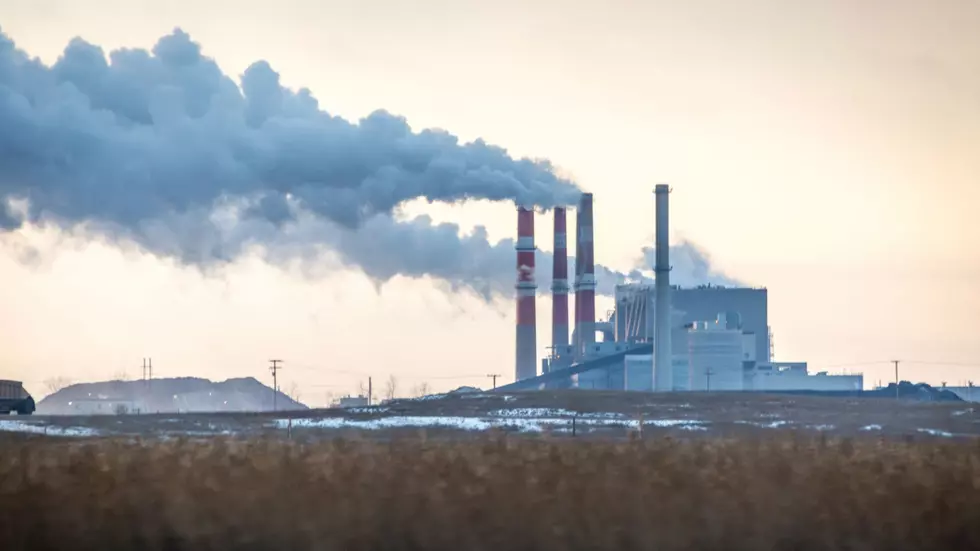
North Dakota & Other States Challenge EPA’s New Coal Emission Regulations
North Dakota Attorney General Drew H. Wrigley and West Virginia Attorney General Patrick Morrisey, along with 21 other states, have taken legal action against the Biden administration's recent environmental regulations aimed at coal-fired energy production.
The coalition filed a petition for review in the United States Court of Appeals for the District of Columbia, arguing that the Environmental Protection Agency's (EPA) rules constitute an unconstitutional overreach.
The contested federal rule seeks to impose significant reductions in air toxin emissions from coal-fired plants, a move that the states argue would impose substantial costs on their industries without corresponding health benefits.
Attorney General Wrigley condemned the regulations as a politically motivated attack on fossil fuels, accusing the Biden administration of intentionally setting impossible standards to dismantle the coal industry.
"The Biden Administration pushes a green political agenda with no purpose other than to attack fossil fuels," stated Attorney General Wrigley. "Make no mistake, this rule intentionally sets impossible standards to destroy the coal industry. Yet again, the Biden Administration has ignored its statutory limitations and forced the entire country into an alignment with an activist agenda."
The coalition of states contends that federal agencies, including the EPA, must operate within the boundaries established by Congress and cannot unilaterally enact regulations that devastate entire industries.
Attorney General Wrigley pledged to continue fighting for North Dakota's energy producers and emphasized the importance of preserving America's energy independence.
Joining North Dakota and West Virginia in the legal challenge are Alaska, Arkansas, Georgia, Idaho, Indiana, Iowa, Kansas, Kentucky, Louisiana, Mississippi, Missouri, Montana, Nebraska, Oklahoma, South Carolina, South Dakota, Tennessee, Texas, Utah, Virginia, and Wyoming.
The dispute underscores broader tensions between environmental protection efforts and economic interests, particularly in states heavily reliant on coal for energy production.

Proponents of stricter emissions regulations argue that they are necessary to combat climate change and protect public health, while opponents contend that such measures impose undue burdens on businesses and consumers.
Reducing carbon emissions from coal plants is widely seen as crucial in mitigating climate change, as coal combustion is a major source of greenhouse gases like carbon dioxide.
Transitioning to cleaner energy sources and implementing stricter emissions standards are viewed as essential steps in addressing the climate crisis and promoting sustainable development.
Rockers Who've Been Sober for 10 Years or More
Gallery Credit: Lauryn Schaffner
Arizona Exotic Pets
Gallery Credit: Tim Gray
